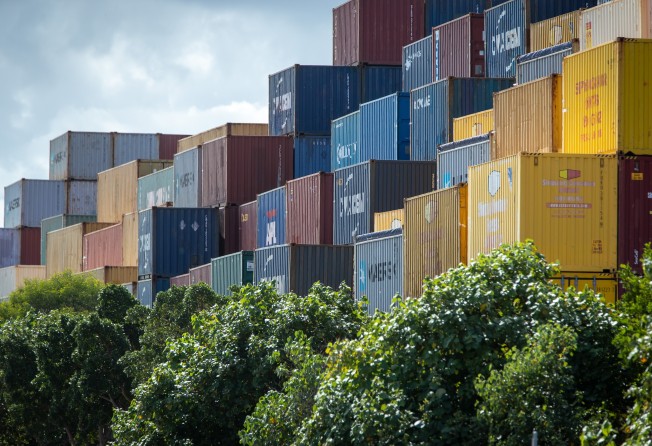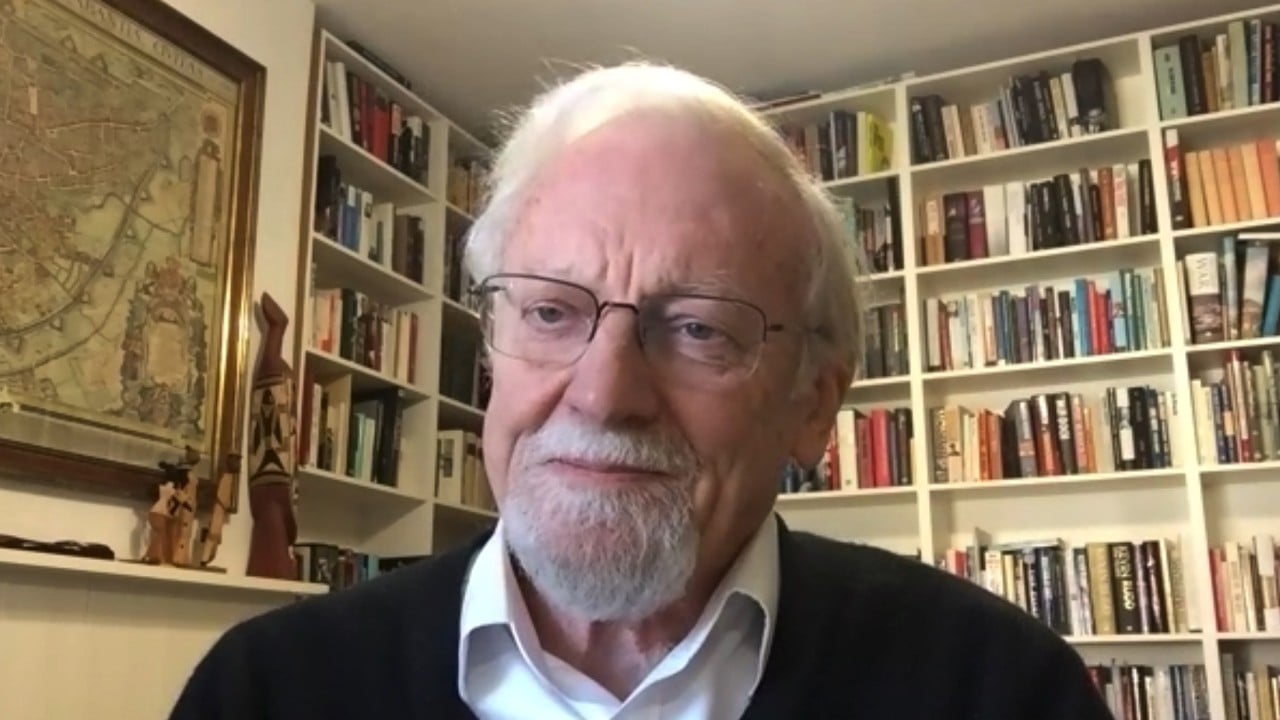Australia sees ‘partial economic decoupling’ from China as Canberra weighs risks of over reliance after coronavirus disruptions
- Parliamentary inquiry examined the vulnerability of supply chains, defence and foreign affairs after supply chains collapsed at the height of the coronavirus outbreak
- Experts argued there was a critical need for Australia to plan its own network of supply chains to shore up sovereign resilience, with a need to drift away from China

Australia is edging towards a “partial economic decoupling” with China as a result of the coronavirus pandemic, a new Australian parliamentary inquiry has heard.
In a new inquiry set up in May to examine the vulnerability of Australia’s supply chains, defence and foreign affairs, experts argued there was a critical need for Australia to plan its own network of supply chains to shore up sovereign resilience with a need to drift away from China.
The inquiry, findings of which could feed into state policies, followed an earlier debate in February when supply chains collapsed at the height of the outbreak in China.
Evidence submitted has highlighted that Australia has become too reliant on China as a result of a government push to capitalise on the world’s second largest economy.
“For Australia, a key takeaway is that although we may hope for reconciliation [with China], the odds favour a partial separation,” according to a submission by Alan Dupont, chief executive of geopolitical risk consultancy, The Cognoscenti Group.
Dupont said Australia’s decoupling from China “is not an attempt to isolate China … but rather to establish a sustainable relationship” between China and the United States as the world is dividing into two competing trading and geopolitical blocs.
He said that Australia may be able to stay in a trading bloc with China and a security bloc with the US, but there is a growing possibility that Australia has to take sides, and if Canberra sides with Washington, the bilateral free trade agreements with Beijing and other countries will not hold.
Dupont puts forward the possibility the world could split into a China bloc including Russia, most of Southeast Asia, the Middle East and some countries in Africa and Latin American and a US bloc containing most of the European states and a share of some Asian, Latin American and African countries.
Australia is the world’s most China-dependent economy, accounting for 33 per cent of its exports. China is also Australia's largest two-way trading partner in goods and services, reaching a record A$235 billion (US$163 billion) in the financial year ending June 2019.
Australian pharmaceutical company, the Institute of Drug Technology, gave evidence at the hearing at the end of June that the coronavirus pandemic supported the need to treat the supply of medicine as a sovereign importance.

07:34
Australia and China cooperation too valuable for 'nonsensical' decoupling
The inquiry revealed Australia’s particular vulnerabilities in supply of medicines and fuels as it imports 90 per cent, according to a submission by the Institute for Integrated Economic Research.
The institute said Australia’s vulnerability is exacerbated by its geographical position at the end of “long global trade routes” that were “heavily reliant on just in time supply chains” and had a “low tolerance for loss and disruption”. It argued that Australia needs a “smart sovereignty” supply chain model to cut reliance on imports.
The Institute for Integrated Economic Research advocated a “smart sovereignty” supply chain model for Australia which would include more Australia-based manufacturing with domestic supply chains, research and development facilities and a more skilled workforce allowing Australia to control critical sectors.
“We are a pretty wealthy country … so it is important for us to pay a little bit more for stuff made in Australia, because if something goes wrong, you know you are going to have that medicine for your child
At the same time, it warned that a country with a small population like Australia – 25 million compared to 1.4 billion in China – should not go the extreme in seeking self-sufficiency to follow the “America First” style, referring to US President Donald Trump’s hallmark economic policy.
“This ‘America first’ model should not be a source of reassurance for us … it should serve as yet another warning sign of what is to come,” Institute for Integrated Economic Research chairman, John Blackburn, said.
When asked how the Australian public be convinced to buy more expensive locally made products in an effort to build local supply resilience, Blackburn said more open discussions needed to be conducted to increase their awareness of the need for sovereign resilience.
“We are a pretty wealthy country … so it is important for us to pay a little bit more for stuff made in Australia, because if something goes wrong, you know you are going to have that medicine for your child,” he said at the hearing.
Unquestionably, our economic future is with China and the wider region. We have to recognise that and work within that framework
Last week, former Australian foreign minister Gareth Evans, who held his post in previous governments which were open to working with Asia, told the South China Morning Post while there calls for more diversification from China, the notion of a complete decoupling was “nonsensical”.
“Australia has got it that our future lies with our geography and not our history … governments generally do get it,” he said.
“Unquestionably, our economic future is with China and the wider region. We have to recognise that and work within that framework.
“Both sides would be crazy to walk backwards from that.”